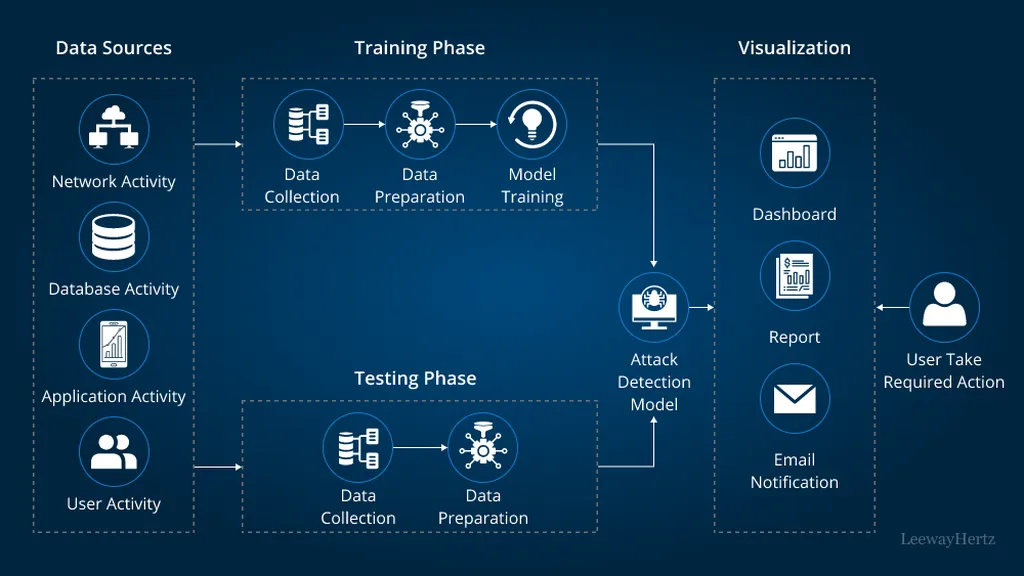In the rapidly evolving world of the Internet of Things (IoT), security remains a critical concern. The dynamic nature of IoT systems, coupled with their environmental uncertainties and diverse data modalities, presents significant challenges to maintaining robust security. Addressing these challenges, a novel framework has been proposed by Masrufa Bayesh, a researcher from the Department of Computer Science at Oklahoma State University, in a study published in the journal *Applied Sciences* (translated from English as “Applied Sciences”).
The framework aims to embed security awareness into IoT systems, enabling them to detect uncertain changes and understand their impact on security. This is particularly relevant for the energy sector, where IoT systems are increasingly deployed to monitor and manage infrastructure, from smart grids to renewable energy sources. The ability to quickly identify and respond to security threats can prevent costly downtime and ensure the reliable delivery of energy services.
At the heart of the framework is the integration of machine learning and deep learning (ML/DL) models with explainable AI (XAI) methods. These models are capable of detecting threats, but they often lack the contextual interpretation needed to understand how these threats affect the overall security posture of the system. To bridge this gap, the framework maps XAI-generated explanations to a structured security profile of the system. This allows for the identification of components affected by detected anomalies or threats.
One of the key innovations of the framework is the introduction of a procedural method to compute an Importance Factor (IF) for each component. This factor reflects the operational criticality of each component, providing a clear indication of which parts of the system are most at risk. “By highlighting contextual changes, impacted components, and their respective Importance Factors, our framework generates actionable insights that can guide security responses,” explains Bayesh.
The framework was validated using a smart irrigation IoT testbed, demonstrating its capability to enhance security awareness by tracking evolving conditions and providing real-time insights into potential Distributed Denial of Service (DDoS) attacks. This is particularly relevant for the energy sector, where smart irrigation systems are increasingly being used to manage water resources efficiently.
The implications of this research are significant. As IoT systems become more prevalent in the energy sector, the need for robust security measures will only grow. The framework proposed by Bayesh and her team offers a promising solution, enabling IoT systems to not only detect threats but also understand their impact and respond accordingly. This could lead to more secure and reliable IoT deployments, ultimately benefiting both energy providers and consumers.
As the energy sector continues to embrace digital transformation, the need for advanced security solutions will be paramount. The research published in *Applied Sciences* by Masrufa Bayesh and her team represents a significant step forward in this area, offering a framework that could shape the future of IoT security in the energy sector and beyond.

